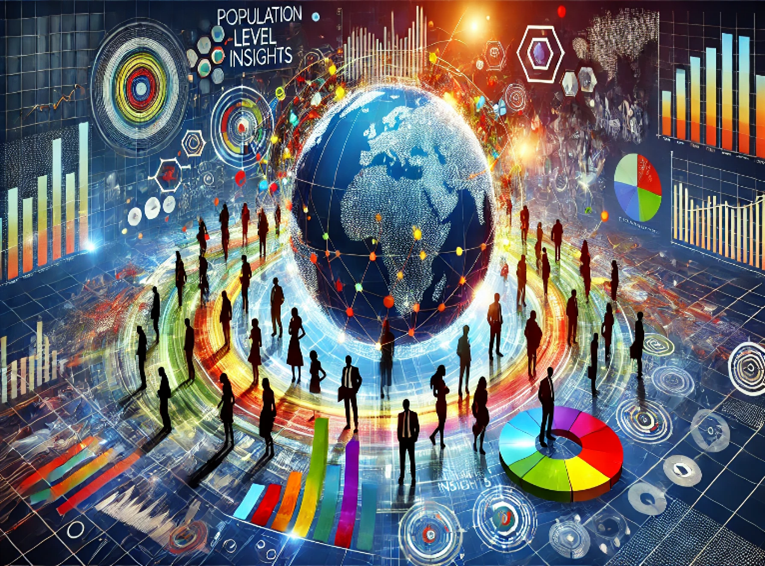What impact does AI have on personalized treatment plans for complex diseases like cancer?

What impact does AI have on personalized treatment plans for complex diseases like cancer?
by Maximilian 03:56pm Jan 30, 2025

AI has a significant and transformative impact on personalized treatment plans for complex diseases like cancer. Here are the key ways AI contributes to this field:
1. Precision Diagnostics
Improved Detection and Classification: AI algorithms, such as deep learning, can analyze imaging data (e.g., MRIs, CT scans, and pathology slides) to detect cancer more accurately and earlier than traditional methods.
Genomic Analysis: AI can process vast genomic datasets to identify mutations or biomarkers associated with specific cancer types, enabling more precise diagnosis.

2. Tailored Treatment Plans
Predictive Modeling: AI can predict how individual patients will respond to certain treatments based on their genetic profile, medical history, and other factors. This helps oncologists select the most effective therapies.
Combination Therapy Optimization: AI models can suggest combinations of therapies (e.g., chemotherapy, immunotherapy, and targeted drugs) based on the patient's unique cancer characteristics.
3. Drug Development and Repurposing
Accelerating Drug Discovery: AI can identify potential drug candidates by analyzing patterns in biological data, reducing the time and cost of developing new treatments.
Drug Repurposing: AI can identify existing drugs that may be effective for treating certain cancers by analyzing molecular similarities or patient outcomes.
4. Real-Time Monitoring and Adjustment
Dynamic Treatment Adjustments: AI-powered systems can monitor a patient’s response to treatment in real-time using wearable devices and medical records, allowing for timely modifications to the treatment plan.
Predicting Side Effects: AI can anticipate potential side effects based on patient-specific data, enabling proactive management and improving the quality of life.

5. Clinical Decision Support
AI tools, such as IBM Watson for Oncology or PathAI, provide evidence-based recommendations to clinicians by synthesizing data from research studies, clinical trials, and patient records.
They ensure that clinicians stay updated with the latest advances in cancer treatments.
6. Population-Level Insights
Epidemiological Patterns: By analyzing population-level data, AI identifies trends and risk factors, helping tailor preventive strategies.
Personalization at Scale: AI helps stratify patients into subgroups based on genetic and clinical characteristics, enabling mass personalization of treatment plans.

Challenges and Ethical Considerations
Data Privacy: Ensuring the security of sensitive health data is paramount.
Bias in AI Models: AI algorithms must be trained on diverse datasets to avoid biases that could lead to inequities in treatment.
Integration into Clinical Practice: Aligning AI insights with clinician workflows and regulatory frameworks remains a challenge.
Conclusion
AI is revolutionizing personalized cancer treatment by enabling precision medicine, improving treatment efficacy, and reducing costs. While there are challenges, the integration of AI into oncology holds great promise for enhancing patient outcomes and advancing the fight against cancer.






